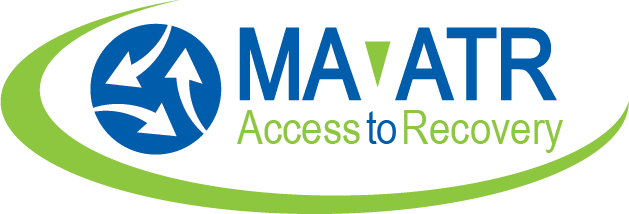At the end of 2021, there were nearly 11 million job openings across the United States according to the U.S. Bureau of Labor Statistics. The impacts of the COVID-19 pandemic have created ripples across our workforce, but in the wake, we are left with an opportunity to lift barriers for those who have struggled to obtain employment in the past. Earlier this year, The Boston Globe highlighted the untapped population in our communities, citing 27 million “hidden workers” across our nation who are “unemployed or underemployed because they are routinely screened out during the hiring process, according to a 2021 Harvard Business School study. These are people with mental health or developmental challenges, physical disabilities, or prison records. They are immigrants, caregivers, veterans. They might come from disadvantaged backgrounds or lack a college degree.”
In addition to increasing support for the Black and Brown communities that have historically been discriminated against by the criminal justice system, the Bureau of Substance Addiction Services (BSAS) has launched the “Recovery-Based Reentry Services for Black and Latino Men” initiative. AHP will be part of this endeavor managing the ATR coordination services to support those within our community who have a substance use disorder (SUD) and a history in the criminal justice system. ATR Care Coordinator, James Harrison, will be working directly with this group of ATR participants to provide individualized support services.
“Re-entering the workforce after any length of time, can be challenging. Almost like entering a rotary, you are trying to safely navigate entering something that is already flowing. It is like trying to find your place and where you fit in with the added load of everything you may have gone through,” writes James.

“For participants in our Black and Latino Re-Entry Initiative, we are making our mark assisting individuals as they navigate this rotary of reentry. Many of the individuals face the added barriers of systemic issues that have kept them from getting the running start they need. Our goal is to assist with trainings, housing, basic needs, and provide additional case management to create a support system that does not leave them at the rotary but gets them rolling through. While we alone are unable to fix all the problems, we can certainly do our best to be apart of the solution.“
